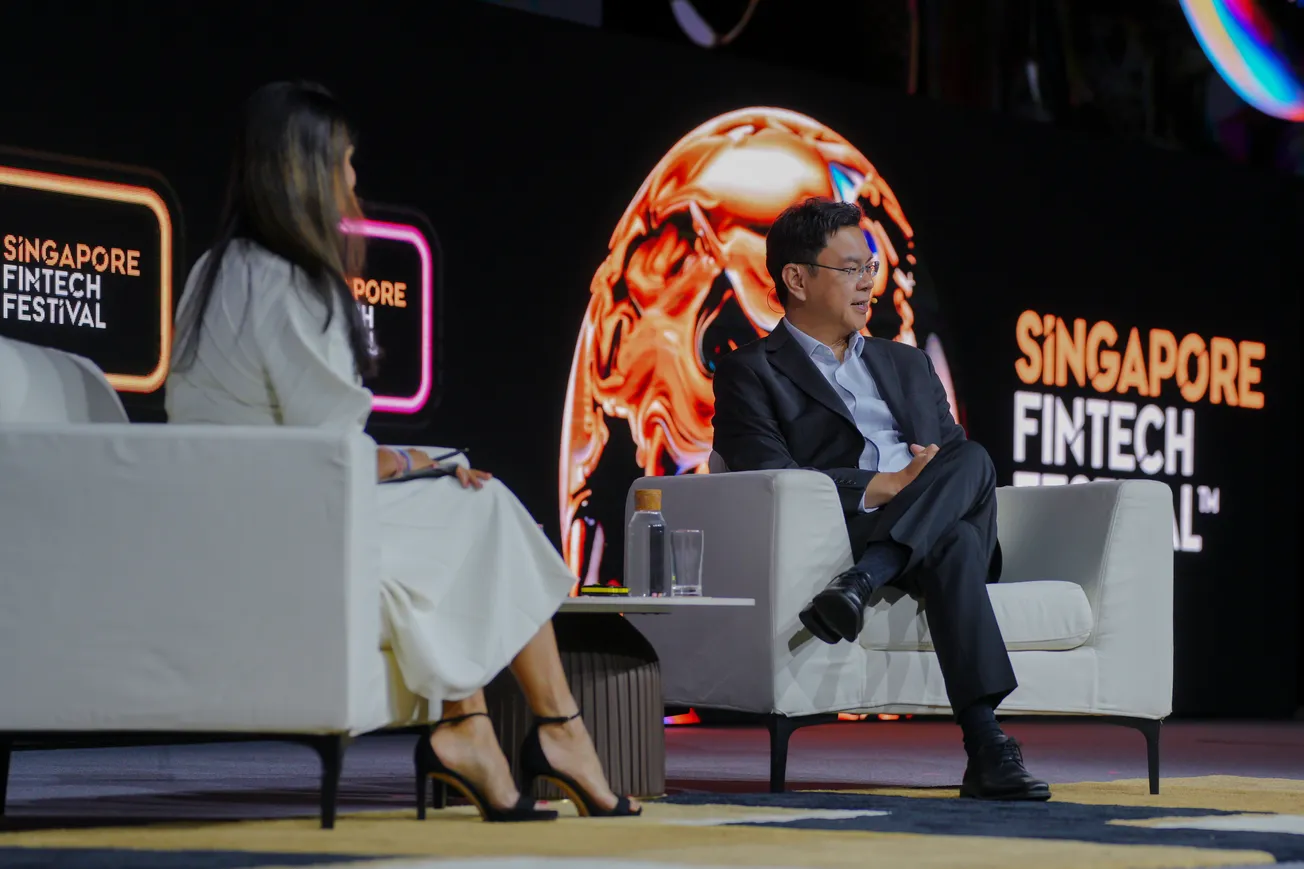Table of Contents
At a fireside chat on day 2 of the Singapore Fintech Festival on Thursday, Chia Der Jiun, Managing Director of the Monetary Authority of Singapore (MAS), articulated MAS' comprehensive vision for the fintech sector, which aims to establish Singapore as a leading global hub for financial technology. Its vision encompasses the creation of foundational building blocks to facilitate industry growth, such as interoperable payment systems and enhanced cross-border transaction frameworks through initiatives like Project Nexus, Chia said.
The managing director, who replaced Ravi Menon at the start of the year, said MAS is committed to fostering collaboration with industry players to navigate emerging technologies, including Generative AI, while ensuring that regulatory measures keep pace with innovation.
Additionally, the regulator is focused on unlocking the potential of asset tokenization, working closely with global financial institutions to address industry challenges and scale solutions to commercial viability.
Chia emphasized asset tokenization's economic benefits such as reduced duplication, cost savings, increased speed, and enhanced efficiency in various financial operations: "It's going to cut duplication, cut cost, increase speed, but cut time, The use cases are also very clear across multi currencies, payment settlement, treasury management, collateral management, and, of course, security settlement."
He elaborated on MAS' vision for tokenisation, underscoring the need for a collaborative approach to scale these innovations to commercial levels. MAS is actively working with industry participants through initiatives like Project Guardian and Global Layer One (GL1). These projects aim to address challenges and ensure that the benefits of tokenisation are realized at a broader scale, he said.
To implement tokenisation effectively, MAS has proposed a framework comprising token, settlement, and infrastructure layers. The first involves representing various assets—such as fixed income, foreign exchange (FX), funds, and securities—as tokens with agreed attributes. The next layer, settlement, aims to ensure high-quality settlement assets like central bank digital currency (CBDC), tokenised bank deposits, and stablecoins are integrated into the ecosystem. Finally, the infrastructure layer aims to develop interoperable and compliant infrastructure to support tokenisation – an area that the GL1 initiative aims to address, Chia explained.
The conversation also touched upon the emerging field of quantum computing and its implications for security. Chia mentioned that while quantum computers are still in the lab and not yet at commercial scale, it is not too early to consider their impact. He emphasized the importance of looking into security measures such as post-quantum encryption and quantum key distribution.
"Quantum is going to give you that compute power that is just exponentially greater than classical computers," he noted, highlighting the need to start preparing for these advancements now.











